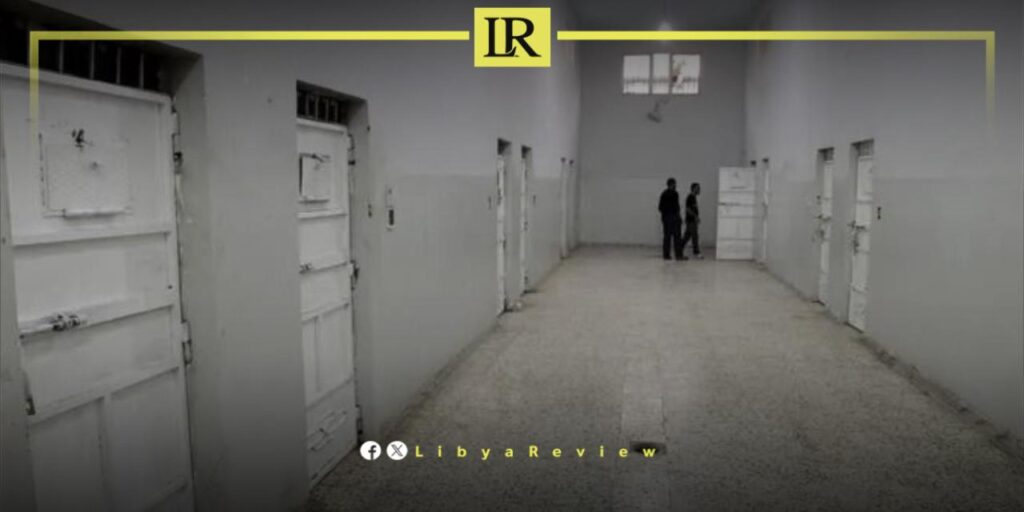Human Rights Watch (HRW) has called on Libyan authorities to undertake sweeping reforms of the country’s judicial system and repressive legislation. In a 35-page report titled “Injustice By Design: Need for Comprehensive Justice Reform in Libya,” the rights group highlighted widespread violations, arbitrary detentions, and a judiciary unable or unwilling to ensure accountability.
HRW urged Libya to arrest and hand over suspects wanted by the International Criminal Court (ICC), noting that the fragmented justice sector suppresses fundamental freedoms and obstructs accountability for grave violations. The report also denounced outdated laws, politically polarised institutions, and the deteriorating conditions within Libya’s detention centres.
Hanan Salah, associate director for the Middle East and North Africa at HRW, said Libya’s failure to address chronic judicial shortcomings undermines justice and entrenches impunity. “The recent militia clashes in Tripoli and the lack of credible accountability mechanisms are a stark warning that urgent reforms are needed,” she said.
The report points to the May clashes in Tripoli, which left civilians dead and homes destroyed. Following the violence, the Government of National Unity announced the discovery of 53 unidentified bodies in a morgue and at least nine more in a mass grave.
HRW criticised the deep divisions between key institutions such as the Ministry of Justice, the Supreme Judicial Council, the Supreme Court, and the newly established Constitutional Court in Benghazi. This rivalry, the group warned, could trigger constitutional crises and conflicting rulings.
It also condemned the continued use of outdated penal codes from the Gaddafi era, including those permitting flogging, amputation, and the death penalty, and highlighted laws restricting freedom of expression and association.
Military trials of civilians remain common, especially under counter-terrorism charges. Lawyers face limited access to clients, lack of notification for hearings, and growing use of video trials undermining detainees’ rights.
The report described detention centres under militia and quasi-governmental control as overcrowded and rife with torture and abuse, often ignoring court orders for release. Judges, lawyers, and defendants face threats, intimidation, and physical attacks without adequate protection.
HRW reminded Libya that the UN Security Council referred its situation to the ICC in 2011, and eight suspects—including Saif al-Islam Gaddafi and Osama Najim—remain at large.
HRW urged Libya to cooperate fully with the ICC and abolish all legislation violating international law. It also called for judicial reform in consultation with legal experts and civil society, fair trial guarantees, and oversight of detention facilities to end the cycle of abuse and impunity.


